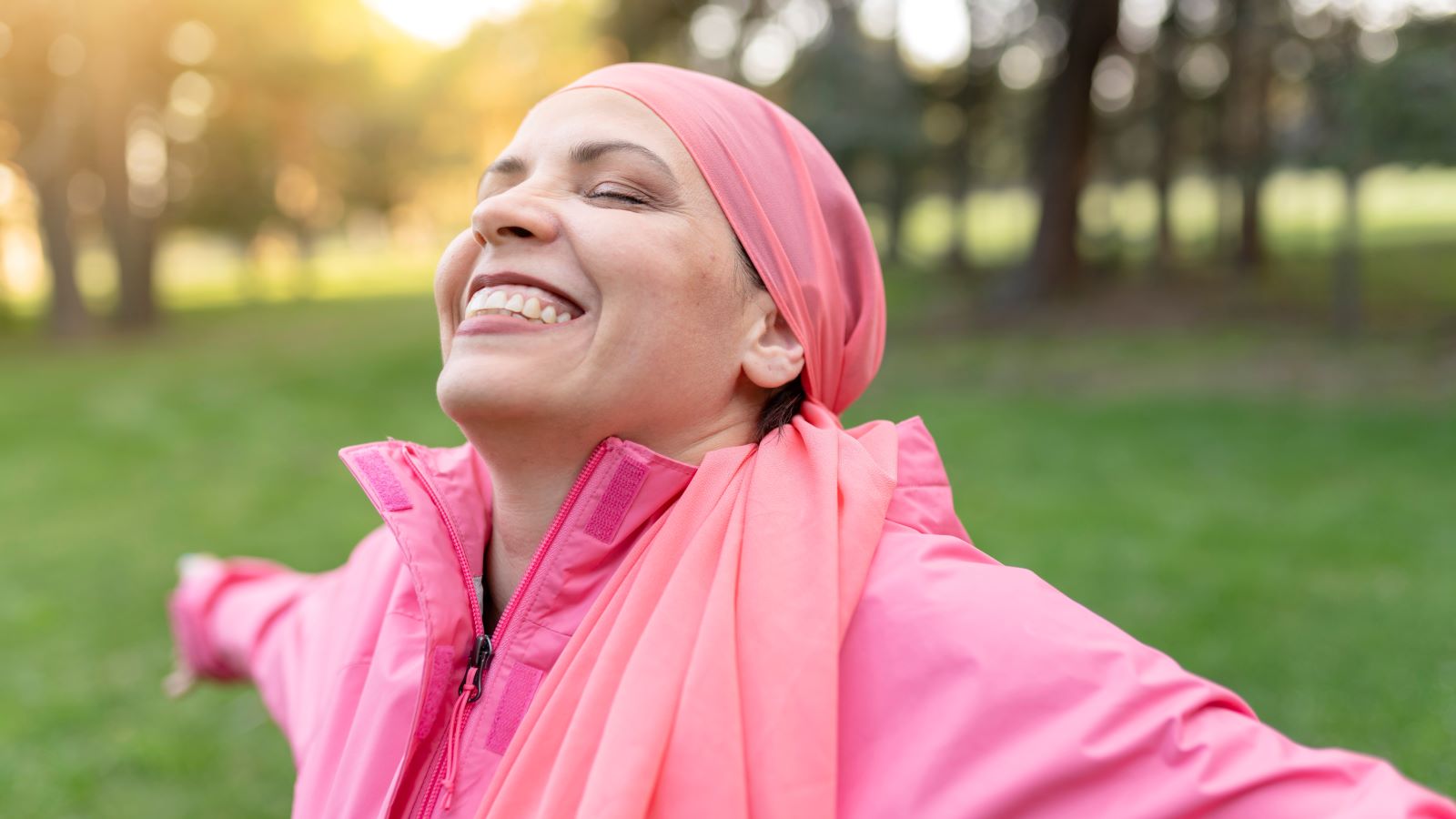<< Back
How A Survivorship Program Can Help You Adjust to Life After Cancer

August 14, 2023
When you’ve beaten cancer, it may feel like your biggest battle is over – and in many ways, it is. But living as a survivor can bring challenges of its own.
Navigating the post-cancer world of follow-up care, nutrition, well-being, along with mental health challenges, can be daunting.
Here’s how your cancer care provider can help you transition into survivorship, according to Deb Walker, APRN, with the Hartford HealthCare Cancer Institute Survivorship Program.
Staying cancer-free
The most important thing for almost all survivors is staying cancer-free, and your cancer care team is here to help.
They’ll set you up with important information including:
- Personalized treatment summary
- Survivorship care plan
- Follow-up cancer surveillance recommendations
- Community resources and support groups
Another important step in staying cancer-free is following guidelines for nutrition and exercise.
“Research shows that regular exercise is one of the best things you can do to improve your health and lower your risk for many cancers. If you’re a cancer survivor, exercise can lower your risk of recurrence,” Walker says.
Moderate-intensity exercise like walking, biking or dancing for at least 150 minutes a week is recommended by the American Cancer Society and the American College of Sports Medicine.
> Related: 5 Tips to Stay Healthy After Cancer
Support services for the after-effects of cancer
Your cancer care team can also make recommendations for dealing with any after-effects of cancer.
This might include referrals to services such as:
- Nutrition
- Genetic counseling
- Smoking cessation
- Psychological counseling
- Support groups
- Social services
- Financial counseling
- Physical and integrative therapies
Improving your mental and physical well-being
Even after finishing cancer treatment, patients may need the support of a behavioral counseling team, Walker says.
“It can be a real emotional challenge for you to put your life together after treatment. You may have lingering fears about their cancer recurring or mourn the loss of how you used to feel before your diagnosis and struggle ‘getting back to normal,’” she says.
Another area where care may continue is rehabilitation.
“Cancer and its treatments can have lasting effects on daily performance, including physical functioning,” Walker says. “Physical therapists can help optimize the physical abilities and quality of life for people affected by cancer.”
Support groups help strengthen your survival skills
The Cancer Institute offers support groups that help patients and survivors find comfort and strength through shared experience. Groups address types of cancer or patients, such as:
- Breast cancer
- Brain tumors
- Gastrointestinal cancer
- Gynecological cancer
- Hispanic women’s cancer
- Prostate cancer